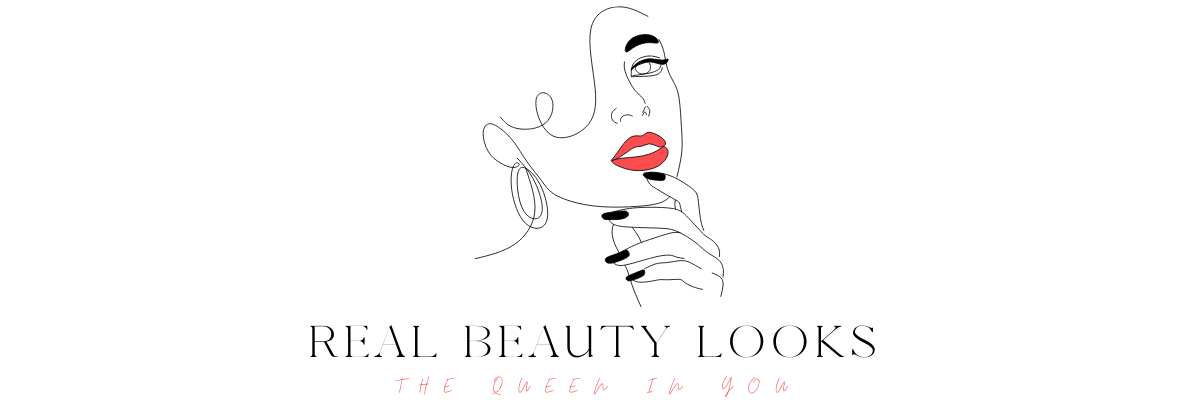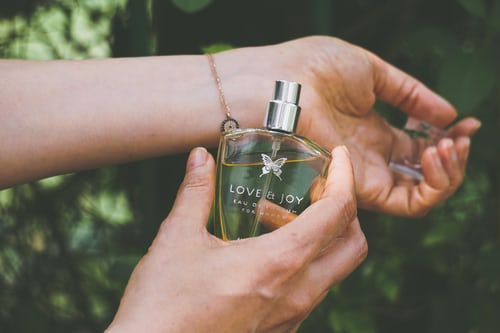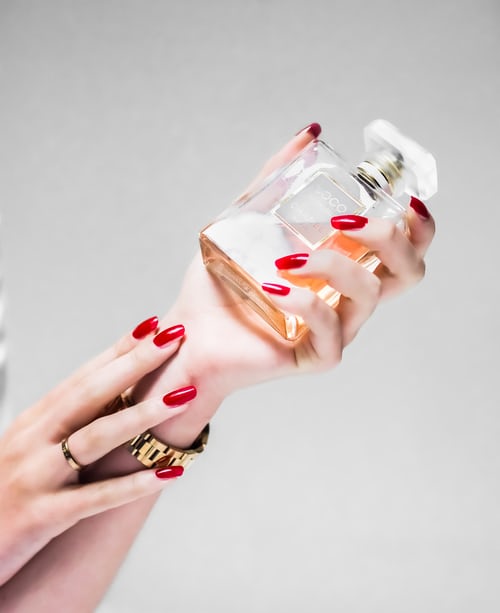
When buying a perfume bottle, you can be faced with many choices – brands, types, prices – while there are very few clues to determine if you are spending money for what. You may recognize the familiarity of the names, but do you really understand what those terms mean?

Photo: The New York Times
Perfume can sometimes confuse you with different names – Perfume, Eau de Toilette, Parfum, Eau de Cologne. Understanding the correct name will help you get a perfect perfume bottle. If the concentration is too light, the fragrance will disappear very quickly. On the contrary, it will make you and others close to you feel queasy if it is too strong. Nothing can ruin a lovely scent as quickly as misidentifying its name.
Perfume is created by mixing a variety of natural and synthetic oils to give the scent. Then alcohol is added as a flavoring agent to help stabilize the scent and dilute the oil. Alcohol plays a vital role because it controls the concentration of fragrance and how long it stays on the skin. Each different perfume name corresponds to different alcohol.
Parfum or Extrait de Parfum

Reading these names makes you wonder what is pure perfume or not? In fact, the name can sometimes be incorrect. Pure perfume does not mean pure essential oil because pure essential oil will have an extremely unpleasant smell and cause irritation to the skin. Even so, this name also partly reflects the concentration of the aromatic blend, with the highest concentration of essential oils – between 15-30%, which is enough to make the scent stand out and last all day.
Sillage, or the range of fragrance in the air is always very wide. You will notice when you go in and out of that scent space. They are so dense that you can probably even touch them and use a knife to cut out a piece of sweet incense. When you hug someone wearing pure perfume, you’ll be able to smell their scent for hours afterward. They are pure like lipstick, can carry the fragrance everywhere.
Eau de Parfums

Eau de Parfums is the second-highest concentration of essential oils, 15-20%, created to be able to hug you all day in a seductive scent but certainly won’t make the person next to you uncomfortable. Eau de Parfum is the most popular fragrance, which every brand new product line comes in this form. This scent makes you stand out all day and even still smell good when you lie back at night.
Eau de Toilettes

Eau de Toilettes has a 5-15% concentration of essential oils, made to smell great but won’t stay on your skin all day. Some say that Eau de Toilettes is a perfume to wear during the day, while Eau de Parfums will be more suitable for night. However, beauty cannot be defined. How you use perfume is up to you.
Although most successful perfume bottles start with the form of Eau de Parfums and then change to Eau de Toilette, the notes are not always the same. Some heavy notes, such as wood and patchouli can be left out to make the fragrance lighter, while others, such as floral or citrus flavors, can be added to increase the intensity.
Some people suggest changing the scent after the original Eau de Toilette has completely worn off. Although the essences seem to have disappeared, they actually return when exposed to moisture. Do you ever smell your scent again after washing your hands or getting caught in the rain? If you still intend to switch to a different type, make sure the new scent complements the old one.
Eau de Cologne

Cologne may seem like a word for masculine fragrances used in North America, but Eau de Cologne is a perfume with a very light concentration of essential oils, usually only 2-4%. And with less alcohol, they can only last for a few hours. Eau de Cologne is suitable for trying and refreshing yourself, but not for using all day long.
Eau Fraiche

Like Eau de Cologne, Eau Fraiche also has a very low alcohol content, sometimes as little as 1-3%. The difference is that Eau de Cologne is mixed with alcohol, like a traditional perfume, while Eau Fraiche is made mainly with water. They are like a quick lotion without a long-lasting scent.

Most perfume stalls will be sorted by brand or price, not type. But you can still choose the desired perfume by talking to the seller or looking at the bottle body. Don’t be overwhelmed. There’s always the right fragrance for your style, whether you’re after a traditional fragrance, an all-day fragrance, or a pure perfume.






